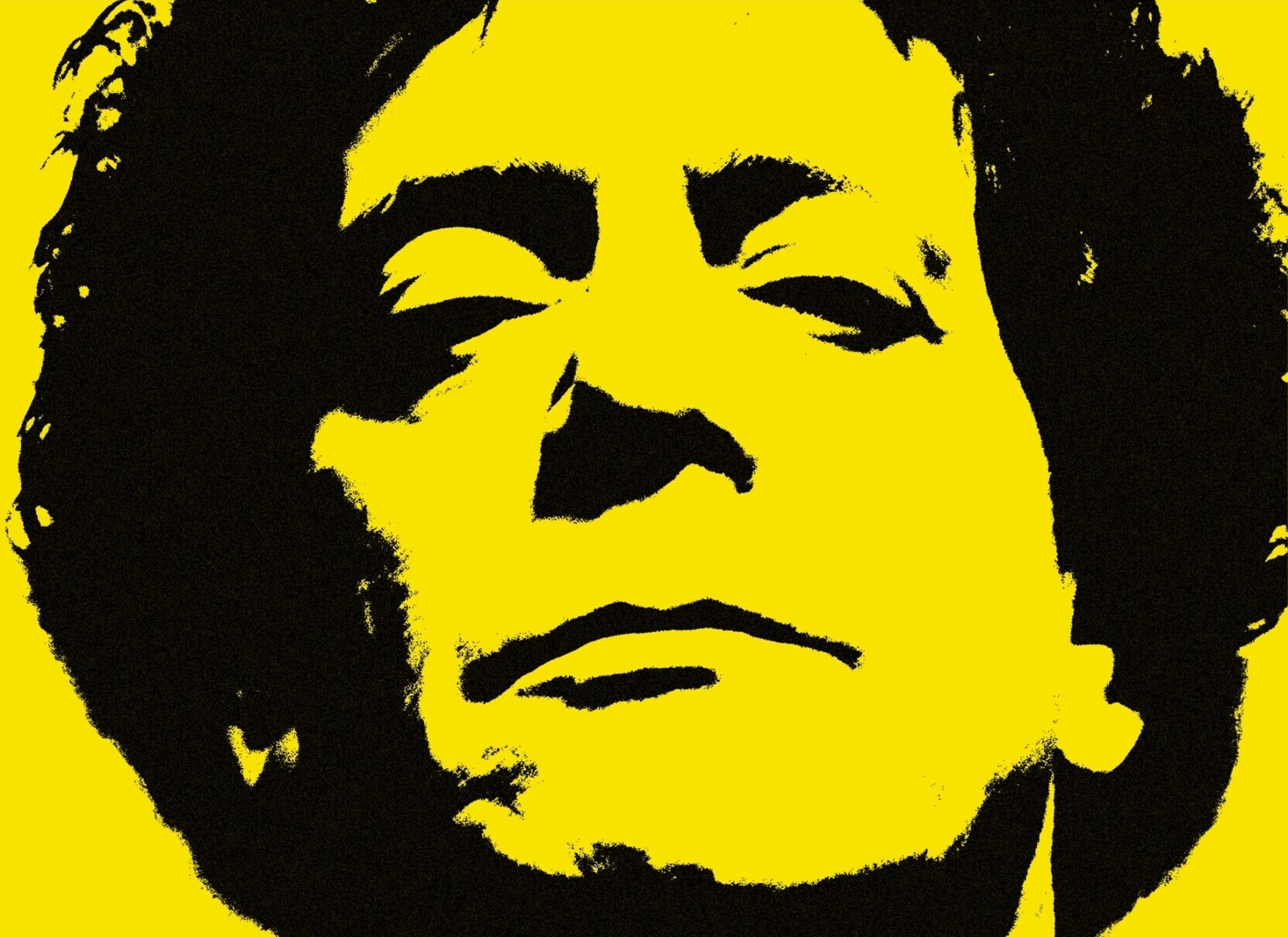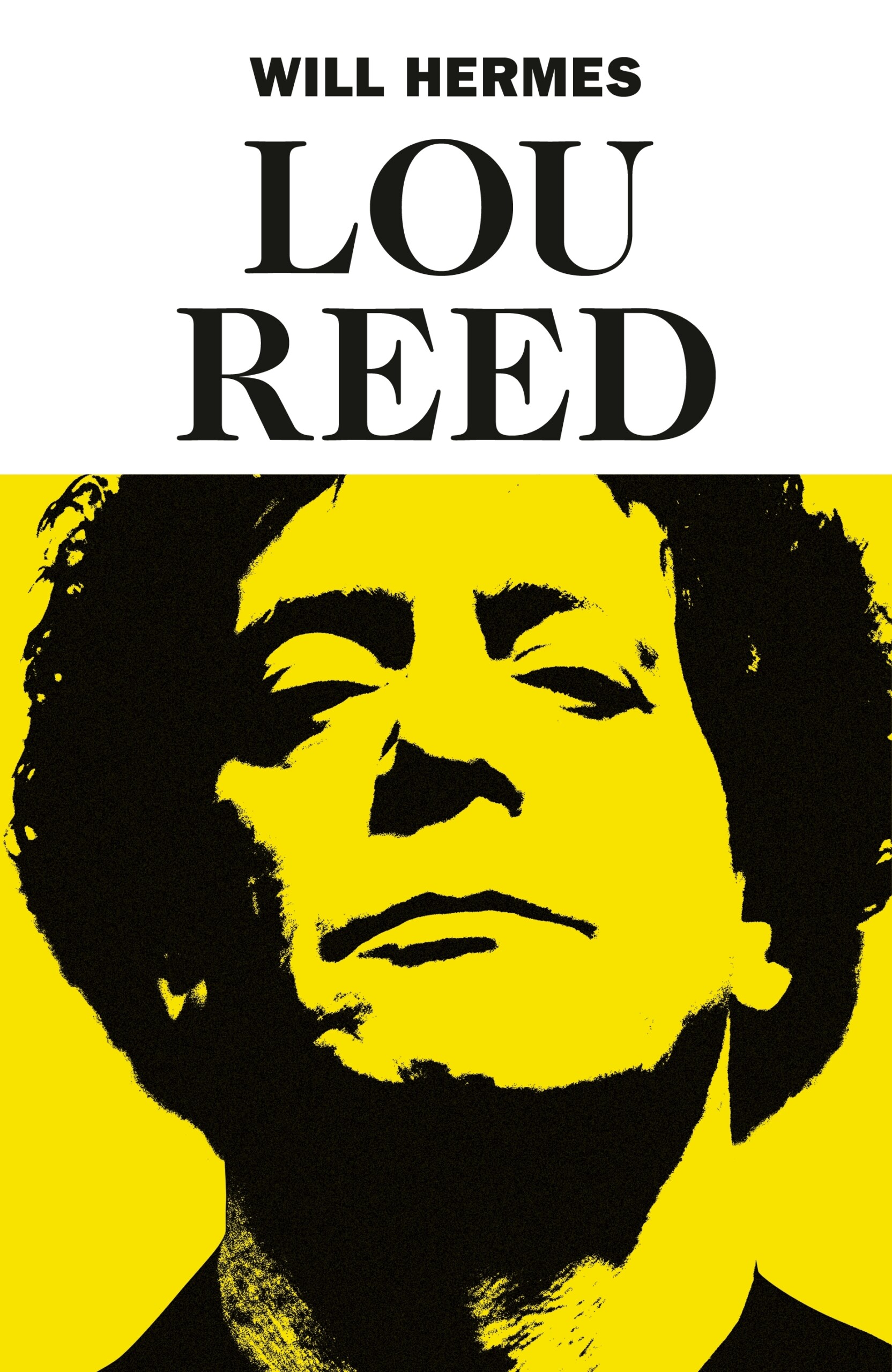
It’s doubtful that even Lou Reed liked all of Lou Reed’s music. That’s one takeaway from Lou Reed: The King of New York, the exhaustive and recommendable recent biography of Reed by Will Hermes.
Along with Bob Dylan, The Beatles, and to a lesser degree, Bruce Springsteen, there is a tendency with certain artists to glorify every note, lyric and transformative nuance. This is a disability that strikes devotional fans as well as scholars and academics. Reed’s body of work was so erratic that his very restlessness superseded any loyalty to his previous music. Thankfully, over the course of nearly 600 pages, Hermes digs deep enough into Reed’s life and work to give a grand and gory semblance of the 20th-century rocker. An admitted fan, Hermes isn’t a sycophant, and he tempers his obvious interest and slew of information to stay on the other side of the velvet ropes, creating a streamlined narrative for Reed fans and those looking for a taut music-history read.
Early on, Reed learned that self-mythologizing was a fulltime gig but he definitely paid some dues to hammer out his legacy. Growing up in middle class Long Island, the teenaged Lou was a fan of both doo-wop and free jazz musician Ornette Coleman. Hardwired for discord and alienation, within his earliest college years Reed was administered ECT, took early forays into drug use and bisexuality when both paths were absolute steps into dangerous subterfuge, and was soon in NYC hanging with a cadre of likeminded outcasts. Much detail is given to the Velvet Underground, and it remains impressive how Reed and fellow founding VU member John Cale seemingly found cohesion in the berserk swirl of characters who orbited around Andy Warhol and the 1960s Lower East Side. And this all occurs in the first third of the biography.

Through the seventies and early eighties, Reed pushed his excesses to saturation. Cameos abound but even ardent fans-turned-peers like David Bowie and various glam/arts-head/proto-punks simply could not hang in Reed’s jittery galaxy; others he simply flicked away. Quite frankly, in many regards—particularly in confrontations with journalists, where he could be loquacious, taciturn or downright combative—Reed comes across like a Class A prick. This is hardly a revelation. But by the time Reed finds some sort of semblance of stability, culminating in his fruitful relationship with Laurie Anderson, the reader finds an unexpected relief.
Reed died in 2013 at age 71. Up to that point, he had never released a bad album…except every album after 1982’s The Blue Mask (yes, that’s a cheap shot from a freelance writer aimed at a dead-rock legend). Yet like Dylan, many Reed fans find micro-masterpieces on every one of Reed’s 20-plus solo albums. When it comes to his career decisions, this kind of adoration and approval never concerned him.
Polarization seemed to rule Reed’s musical choices. Both Metal Machine Music (1975) and Lulu, his 2011 collaboration with Metallica, have been simultaneously vilified and praised. Hermes is the first biographer to have access to the massive Reed archive at the New York Public Library and it shows: the minutiae to detail and chronology of Reed’s life and career is top-notch detective work, as is the blending of unpublished and exclusive interviews conducted by Hermes, making The King of New York a hermetically sealed domain that is surely worth entering.
Lou Reed: The King of New York is out now. Click here to find it an independent bookseller or library near you.

Mr. Al Pete and Notsucal Release Their Latest Collab, ‘G4.5’

Dinner Party, Tom Misch and More from the Neighborhood with Mr. Al Pete

An Ultra-Chill Playlist from the Latest Episode of Electro Lounge

Sing Out Loud Festival Returns With Hozier, Beabadoobee, Father John Misty, Vance Joy and More

Chicago Alt-Country Faves Wilco Return to St. Augustine with Indie-Folk Great Waxahatchee

Looking for an Alternative to Spotify? Consider Hopping on the band(camp) Wagon

Khruangbin to Bring ‘A LA SALA’ Tour to St. Augustine in April

Perfume Genius, Flipturn, Tamino + Mitski and 6 New Songs to Stream

Song of the Day | “all tied up” by Glixen



